|
Dr Tom Cromarty Editor Interests: Paediatric Emergency Medicine, Medical Engagement and Leadership, Simulation, Quality Improvement, Research Twitter: @Tomcromarty |
Welsh Research and Education Network
WREN BlogHot topics in research and medical education, in Wales and beyond
Dr Celyn Kenny Editor Interests: Neonates, Neurodevelopment, Sepsis, Media and Broadcasting Twitter: @Celynkenny |
|
The regular visitors to the site will have noticed an extra tab at the top of the page. The Welsh Paediatric Simulation Group (WPSG) provides paediatric simulation training throughout Wales covering a wide range of topics. Because WREN is linked to WPSG through education provision we thought it would be beneficial to have a one stop shop for access to educational opportunities so nobody misses out. The aim is that we will publish the dates of courses and contact details to book them on the WREN website as well as providing access to all the precourse reading materials. It’s a work in progress so please bear with us while we update this over the coming months. Also let us know what would be most useful to see on these pages and we can edit them to make they are adding value and making things a little bit easier. Welcome to the WREN pages WPSG Scheduled courses Course PRUDIC Study Day Date 2nd March 2018 Venue Bridgend Princess of Wales Hospital (Paediatrics) Contact Dr Dana Beasley Consultant Paediatrician [email protected] Course Paediatric Trauma Course Date 18th May 2018 Venue Cardiff University Hospital of Wales Contact Dr Hannah Murch via Liz Williams [email protected] Course Step up to Registrar/Shift Leader Date 21st May 2018 Venue Cardiff University Hospital of Wales Contact Dr Sally Richards Associate Specialist [email protected] Course Safeguarding Date June 2018 Venue Bridgend Princess of Wales Hospital (Paediatrics) Contact Dr. Emily Payne Community GRID trainee [email protected] Course Paediatrics 2 Date 2nd July 2018 Venue Cardiff University Hospital of Wales Contact Dr Sally Richards Associate Specialist [email protected] Course Step up to Registrar/Shift Leader Date 10th September 2018 Venue Cardiff University Hospital of Wales Contact Dr Sally Richards Associate Specialist [email protected] Course Paediatrics 1 Date 31st October 2018 Venue Merthyr Tydfil Prince Charles Hospital Contact Dr David Deekollu Consultant Paediatrician [email protected] As more course dates become available we will update the WPSG page of the WREN website
2 Comments
‘Eculizumab in Shiga-Toxin producing E. Coli Haemolytic Uraemic Syndrome: A Randomised, Double-Blind, Placebo-Controlled Trial’ This is a trial currently recruiting on the Paediatric Nephrology Unit at UHW Aim of trial: To assess whether Eculizumab reduces the severity of Shiga-toxin producing Ecoli Haemolytic Uraemic Syndrome (STEC HUS) in children and young people Background:
What is Eculizumab?
Primary Research Objective: To determine whether the severity of STEC HUS is less in those given Ecu compared with those given placebo, in children aged 6m-18 years -Clinical Severity Score assigned at day 60 Secondary Objectives: i)To assess the safety of Ecu in STEC HUS ii)To determine whether the incidence of CKD following STEC HUS is less in those receiving Ecu compared with those receiving placebo iii)To evaluate the cost-effectiveness of administration of Ecu in STEC HUS from the perspective of the NHS Inclusion Criteria
- MAHA - Thrombocytopaenia - AKI
Exclusion Criteria
Active arm: Standard therapy + 1st dose Ecu Day 1, & 2nd dose Ecu Day 8 Control arm: Standard therapy + 1st dose placebo Day 1, & 2nd dose placebo Day 8 NB: The trial contains an internal pilot phase of 18m (12m recruitment, 6m follow-up), the purpose of which is to determine whether the substantive trial will continue. For further information please contact: Jennifer Muller, Paediatric Research Specialist Nurse (CYARU) [email protected] Annabel Greenwood
Paediatric ST3 Wellbeing and Resilience In the Wales Deanery Paediatric trainees change rotation in September and March so this seemed a good opportunity to have an article about a current hot topic within medicine, wellbeing. The GMC have noted a rise in foundation doctors citing burnout as their reason for taking an F3 year or time out before applying to specialty training, what can we do about this as a profession? . We deal with life and death situations, we lack sleep through shift work, make large volumes of decisions and balance work life with time away from our families. All of these conditions can lead to increased levels of stress, depression and anxiety. With winter pressures and the ever growing demands on juniors combined with the widely discussed Dr Bawa-Garba case, we need to find ways protect our own mental health and our colleagues, supporting ourselves to manage our work-life balance. What can we focus on? Sleep 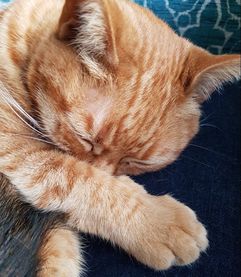 No article on wellbeing should neglect the important role of sleep to maintaining a positive status quo. And no mention of sleep would be complete without mentioning the work being done by Dr Michael Farquhar. I was planning on providing a summary of his advice in this blog post however I feel the whole article published in Archives is valuable, really easy to read and very short. So rather than provide a truncated summary I direct you to the reference below and encourage you to take a few minutes to read this. Sleep matters, and we are only just scratching the surface of this topic. Farquhar M Fifteen-minute consultation: problems in the healthy paediatrician—managing the effects of shift work on your health Archives of Disease in Childhood - Education and Practice 2017;102:127-132. Exercise 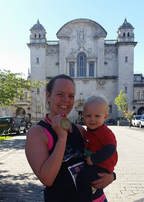 Personally this is my main go to wellbeing option. I run. It's not fast, I don't do it to come first, and I don't look pretty doing it, but running 3 times a week enables me to keep on top of everything. Now I accept running is not for everybody, although I would encourage anybody to try it and there are plenty of coach to 5km programs that are freely available to download, exercise is achievable. Pick an exercise which is sustainable and you enjoy. Fit it into your routine and prioritise it. You don't need to run marathons but get your body moving or make it a social event. Meet up with friends, or making new ones. Mindfulness What is mindfulness? Professor Mark Williams, former director of the Oxford Mindfulness Centre, says that mindfulness means knowing directly what is going on inside and outside ourselves, moment by moment. I personally use the Headspace App (@Headspace) to practice mindfulness but there are plenty of other options available. There are plenty of free blog posts on mindfulness on the Headspace website that cover a wide variety of topics. They also have links to published journal articles on the benefits of mindful practice. Action for happiness is a good twitter feed to follow if you are interested. @actionhappiness They have been producing a calendar for each month with daily ideas to improve wellbeing and their focus for March is Mindfulness. Mindfulness doesn't have to be meditation however, it can simply be taking the time to give yourself some space, take notice of your surroundings and stop being so busy. It can mean going to a certain place, taking time to listen to your favorite music or read a book. As with all these suggestions - make them work for you. Support Remember you are not alone. Ask for help. This seems like a simple statement of fact but sometimes it can be hard to remember that you are not a silo. We work in teams, especially in Paediatrics. There will always be somebody around to talk to, to give you support and to bounce ideas off of. If you don't know who these people are for you then go and find them! I have needed to call on my support network recently and without fail they stepped up to the plate. During this time, I also called on my friends outside of medicine. Find your network, what makes you able to bounce back from set backs and be the best you can. Places to look https://www.yougotthiswellness.com/ You Got This is the UK's first programme designed to promote Wellness and support the wellbeing of staff working in emergency medicine. However, don't feel that you have to be an emergency medical trainee in order to access this. It is a fantastic resource and worth checking in with. See them on Twitter as well @yougotthiswell
Locally in Cardiff and Vale The Child Health Psychology team run drop in Mindfulness sessions for staff on alternate Tuesdays 13:00-13:30 in Seminar room B, Noah's Ark Hospital. The March sessions are on 6th March and 20th March. Any other good resources which you think would benefit other readers of this post, feel free to comment below. Dr Rebecca Broomfield
 After the huge success of last year’s St David’s Day Conference, I was very much looking forward to this year’s event, and Abby Parish and her team once again certainly did not disappoint! Nestled in the heart of Wales’ vibrant capital city, a stone’s throw away from the iconic sites of Cardiff Castle and the Millenium Stadium, Park Inn provided a classy, yet relaxed setting for an exciting day of learning ahead. Greeted with a lovely warm beverage and a selection of delicious pastries on arrival, there followed an opportunity to catch-up with paediatric colleagues both old and new before the opening lecture of the day. The programme itself was particularly attractive this year, focusing on Ethics as the principal theme. On a personal note, I felt my knowledge of Ethics in Paediatrics was somewhat lacking, with minimal educational opportunities available previously to explore this complex but fascinating topic. I therefore jumped at the opportunity to attend this year’s St David’s Day Conference to broaden my knowledge and experiences. The introductory lecture was provided by the President of the RCPCH, Professor Neena Modi. This fascinating lecture on the ethical issues in neonatal research emphasised the importance of the positive relationship between parents/patients and the medical profession, to enhance understanding about science and research methodology, whilst simultaneously strengthening trust between both parties. Professor Modi also discussed the concepts of ‘opt-out’ consent and mention of a possible ‘inclusion benefit’ in order to improve recruitment and efficiency of Randomised Controlled Trials. The next lecture was one of three of the day by Dr Richard Hain, Consultant and all-Wales Clinical Lead in Paediatric Palliative Medicine. His ‘Introduction to Parental Authority’ talk gave an excellent insight into the difficulties often faced concerning parents’ influence on treatment and care decisions. He talked about the concept of “best interest,” discussing the differences between objective and subjective interests, and their importance in helping parents choose ‘the path of least regret’ with regards to treatment decisions. Before morning coffee there was a case presentation session led by Wales Neonatal GRID Trainees Kate Burke and Zoe Howard. Their experiences of the management of three different babies born with Trisomy 18 highlighted the variability of genetic diagnoses, the postnatal role of perinatal palliative care, and the central role of the parents. The final session of the morning featured a lecture on prenatal screening and the associated ethical dilemmas, by Professor Angus Clarke, Clinical Geneticist in Wales. He discussed the goals of antenatal screening programmes, particularly focusing on the permission of informed reproductive decisions, conveying ‘reproductive autonomy,’ whilst considering the balance of health economic assessments. Dr Hain brought the morning session to a close with his lecture on ‘the value of a short life, who decides?’ This was an extremely thought-provoking session discussing the rights of the fetus, and the value of a child, particularly focusing on the views of the parents and that of the law. The afternoon session, entitled ‘Costly care – because you’re worth it,’ focussed on the legal aspects of a number of ethical dilemmas, including reference to the relevant articles of the European Convention on Human Rights. The legal concepts were presented by Dr Rim Al-Samsam, Consultant in Paediatric Critical Care Medicine, who has a special interest in law in the context of healthcare. Dr Richard Hain then chaired an open session alongside Dr Al-Samsam, encouraging audience participation to discuss potential treatment dilemmas faced in a hypothetical case. Following an incredibly profound and inspiring day, the CEO of the RCPCH hosted an interactive ‘road-show’ to discuss some of the topical issues faced by the RCPCH and their potential plans to improve them. Also discussed was the exciting new RCPCH curriculum, due to be launched over the coming weeks. If you are yet to attend a St David’s Day Conference I could not recommend it more. I very much look forward to next year’s instalment already! Annabel Greenwood
Paediatric ST3 |
Editors
Dr Annabel Greenwood Categories
All
|


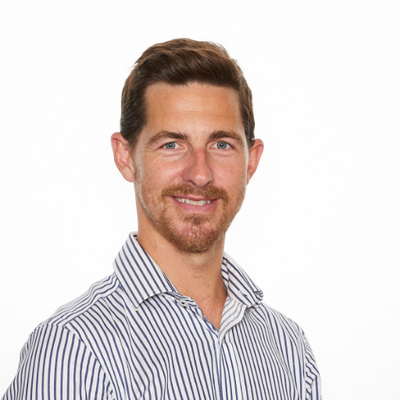
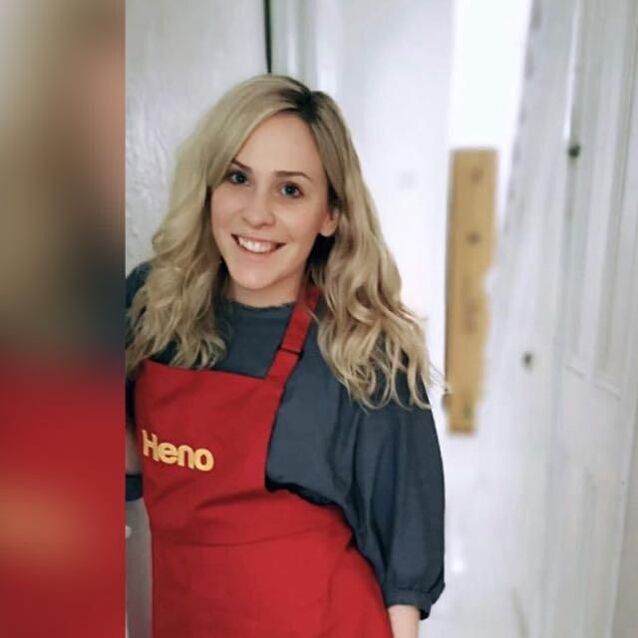
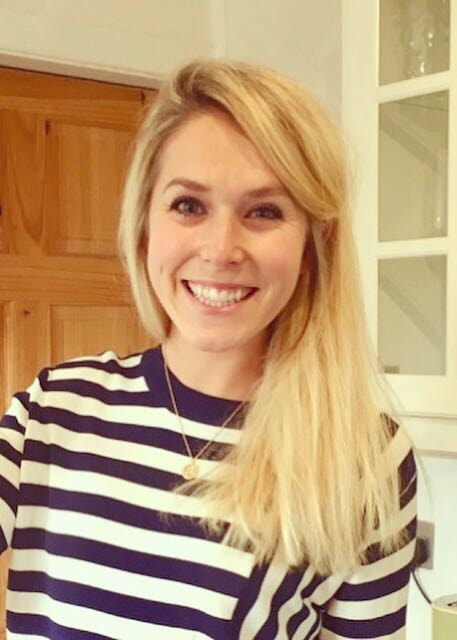
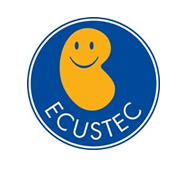
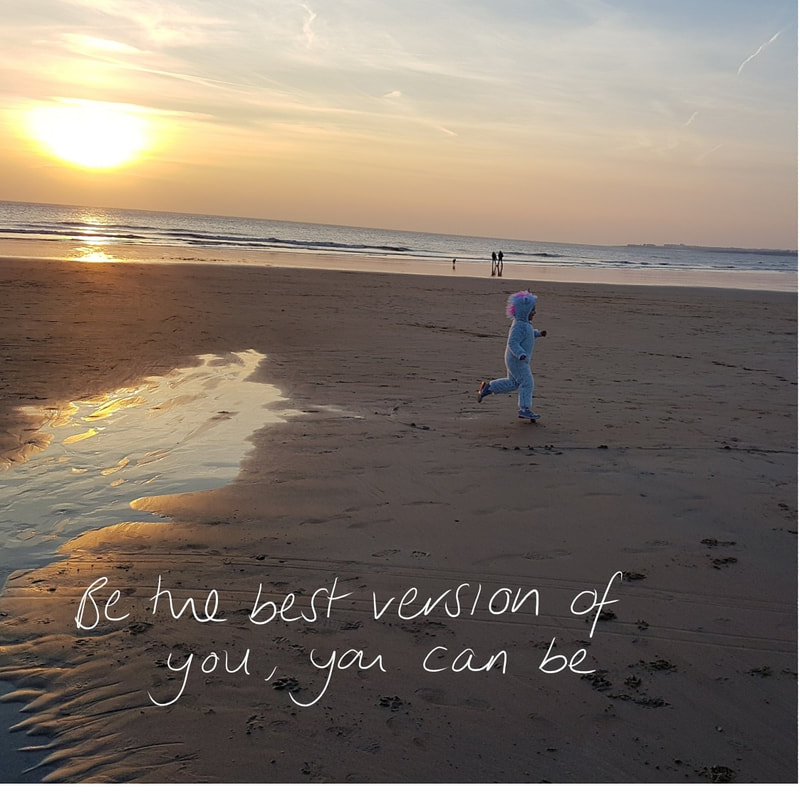
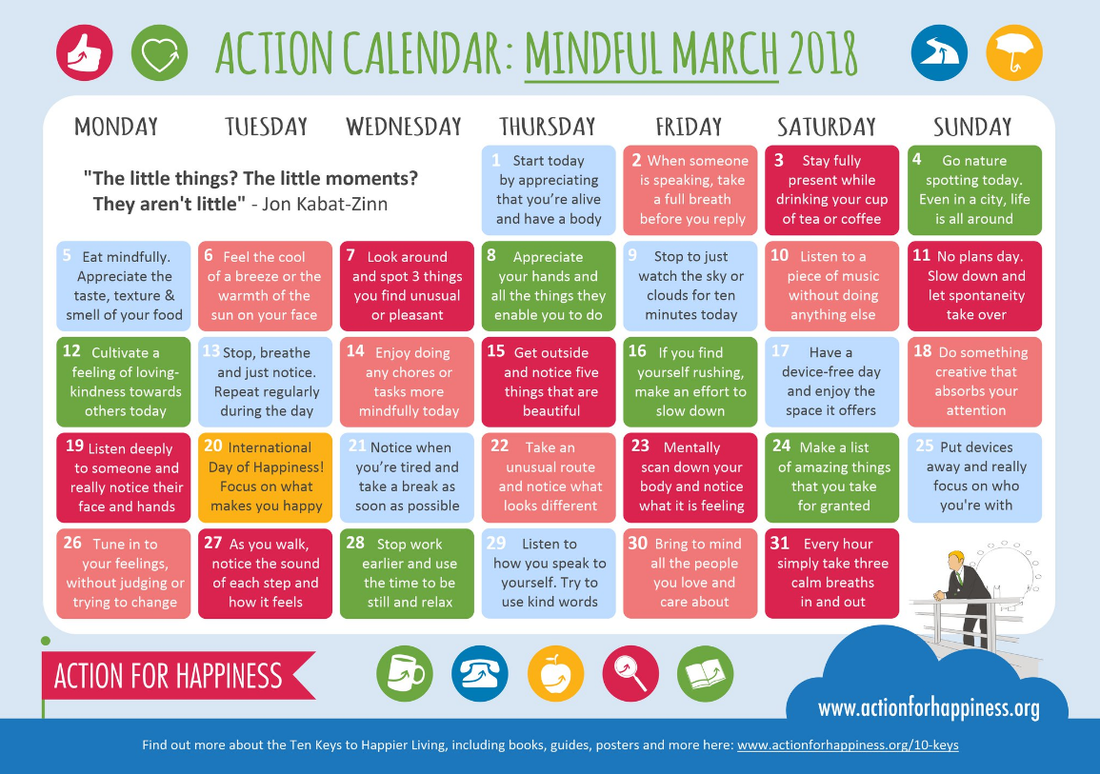
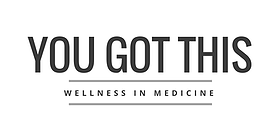
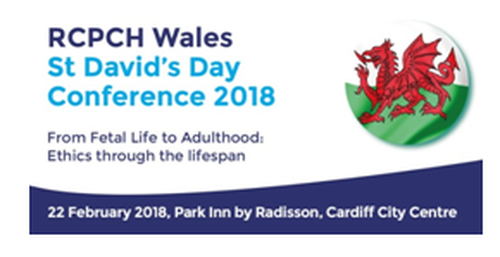


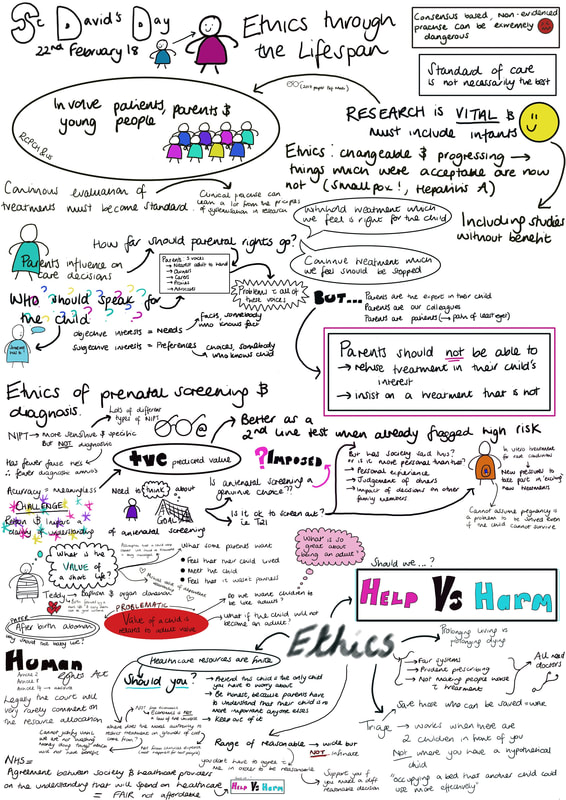
 RSS Feed
RSS Feed
